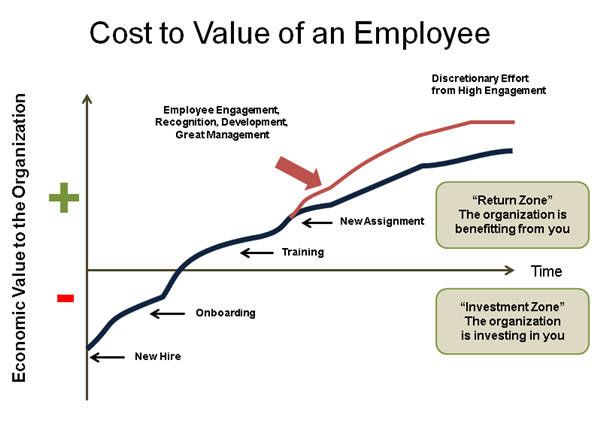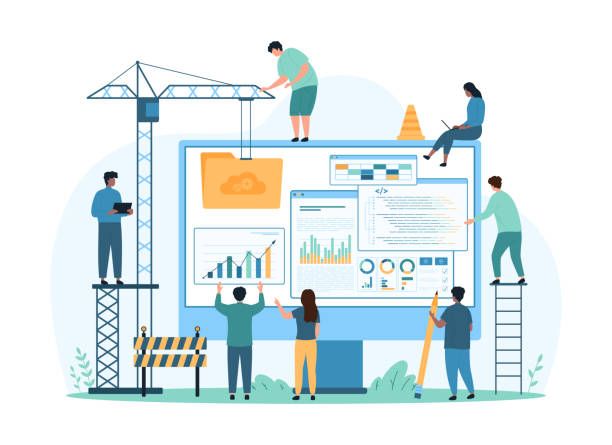The Crucial Role of Career Development in the Workplace
2024-07-30
What happens when employees feel undervalued and stagnant in their roles?
They become disengaged, productivity drops, and you risk losing top talent. Investing in your employees' professional development is the key to unlocking their potential and ensuring long-term growth for both them and your company. In this blog post, we’ll explore strategies to make your employees feel heard and valued, initiatives to motivate them, and measures to retain them within your company.
Why Professional Development Matters
Professional development is crucial for both employees and employers. For employees, it provides a sense of purpose, growth, and advancement. For employers, it leads to a more skilled, motivated, and loyal workforce. According to a LinkedIn Workplace Learning Report, 94% of employees would stay at a company longer if it invested in their career development.
Strategies to Make Employees Feel Heard
1. Regular One-on-One Meetings
One-on-one meetings between managers and employees are essential. These meetings provide a platform for employees to share their thoughts, concerns, and career aspirations. It’s crucial to listen actively and provide constructive feedback.
Tip: Schedule these meetings regularly and make them a priority. Use them to discuss not only daily tasks but also long-term career goals and development opportunities.
2. Feedback Loops
Creating a continuous feedback loop where employees feel comfortable sharing their ideas and concerns can significantly impact their sense of belonging. This can be achieved through anonymous surveys, suggestion boxes, or regular team meetings where feedback is encouraged.
Tip: Use tools like mood surveys and real-time analytics to gauge employee sentiment. This data can help identify areas for improvement and celebrate successes.
3. Employee Recognition Programs
Recognizing and rewarding employees for their hard work and achievements can boost morale and motivation. Implement a system where employees can be recognized both publicly and privately for their contributions.
Tip: Use a platform like Tap My Back to implement a personalized recognition and rewards system. This not only acknowledges employees’ efforts but also encourages a positive work environment.
Recruitment agency software plays a crucial role in optimizing hiring processes by streamlining candidate tracking, enhancing communication, and improving overall efficiency. Softwares like a Recruiting CRM allow agencies to manage their relationships with candidates and clients more effectively, making it easier to nurture leads, track application progress, and ensure timely follow-ups. This not only boosts recruitment success rates but also leads to better candidate experiences and long-term agency-client partnerships.
Measures to Support Professional Development
1. Personalized Development Plans
Work with each employee to create a personalized development plan that aligns with their career goals and the company’s objectives. This plan should include specific milestones and opportunities for skill development.
Tip: Revisit and update these plans regularly to reflect the employee’s progress and any changes in their career aspirations or company goals.
2. Continuous Learning Opportunities
Provide continuous learning opportunities such as workshops, online courses, seminars, and conferences. Encourage employees to pursue certifications and advanced degrees related to their field.
Tip: Offer a budget for professional development and make it easy for employees to access these resources.
3. Mentorship Programs
Pair employees with mentors who can provide guidance, support, and insight into their career path. Mentorship programs can be formal or informal, but they should be structured to ensure regular interaction and goal setting.
Tip: Encourage mentors to share their experiences and provide actionable advice to their mentees.
Initiatives to Motivate and Retain Employees
1. Career Advancement Opportunities
Ensure that there are clear paths for career advancement within your organization. Promote from within whenever possible and provide opportunities for lateral moves that allow employees to gain new skills and experiences.
Tip: Regularly communicate available opportunities and encourage employees to apply for positions that align with their career goals.
2. Work-Life Balance
Promote a healthy work-life balance by offering flexible work schedules, remote work options, and adequate time off. Employees who feel that their personal lives are respected are more likely to be engaged and productive at work.
Tip: Conduct regular check-ins to ensure employees are not feeling overwhelmed and adjust workloads as necessary.
3. Inclusive Work Environment
Create an inclusive work environment where diversity is celebrated, and all employees feel valued and respected. This includes implementing diversity training and promoting a culture of inclusivity.
Tip: Establish employee resource groups (ERGs) that focus on different aspects of diversity and inclusion within the workplace.
Invest in your employees' Professional Development
Ready to take your employee engagement to the next level? Explore how Tap My Back can help you recognize, reward, and develop your employees effectively. Sign up for a free trial today and see the difference it can make in your organization.
Let's Connect!!
See More Posts
Platform
Features
Tap My Back @2025. All rights reserved.







